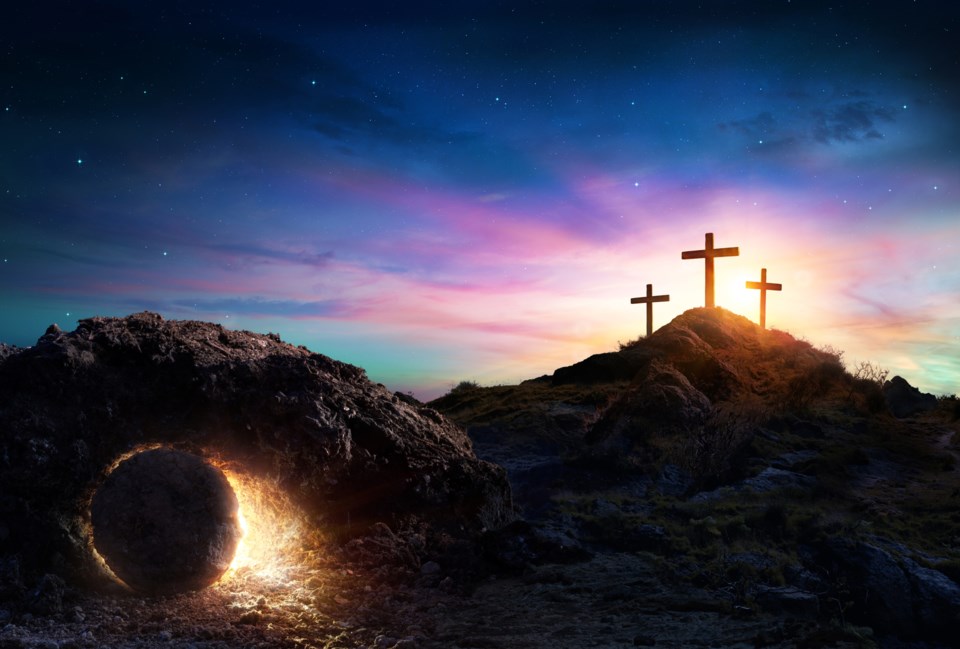I am going to make a huge and blunt generalization…here goes: too few Christians devote sufficient attention to the meaning and significance of Holy Week. Too many have prioritized the popular cultural aspects of Easter — the chocolate bunnies and eggs, extra days off, and, in non-pandemic times, travel.
For far too many who claim Jesus as Lord, the nativity of Christ has become the one and only celebration on the Christian calendar.
Looking at church attendance numbers in recent history, I have good reason to believe this. The pews are typically full for Christmas Eve services. By contrast, Good Friday services are, in this part of the world, probably some of the lowest attended. Even attendance numbers for Easter Sunday services in recent years have not been they used to be.
Yes, the nativity of Christ is an important and vital celebration, but if you only celebrate the birth of Jesus, you miss what the life of the holy infant will ultimately mean.
Taking in the drama of Holy Week is not like watching a film, and the reason for that is that you are a part of it, you are a part of the story because Jesus Christ lived, died, and was raised for you!
Palm Sunday celebrates his triumphal entry into Jerusalem, Maundy Thursday commemorates the night on which he was betrayed, Good Friday observes the day a sinful humanity put him to death, and Easter Sunday celebrates his resurrection from the dead, and the gift of forgiveness and eternal life God has extended to all humanity through this resurrection.
Even if we cannot attend in-person services this Holy Week (March 28 to April 4), I encourage you to take in online services offered by congregations in the community. Setting aside some time for reflection on each of the respective days, reading relevant biblical passages, listening to appropriate hymns, and praying can also be meaningful ways of engaging Christ’s passage from life, to death, to eternal life.



